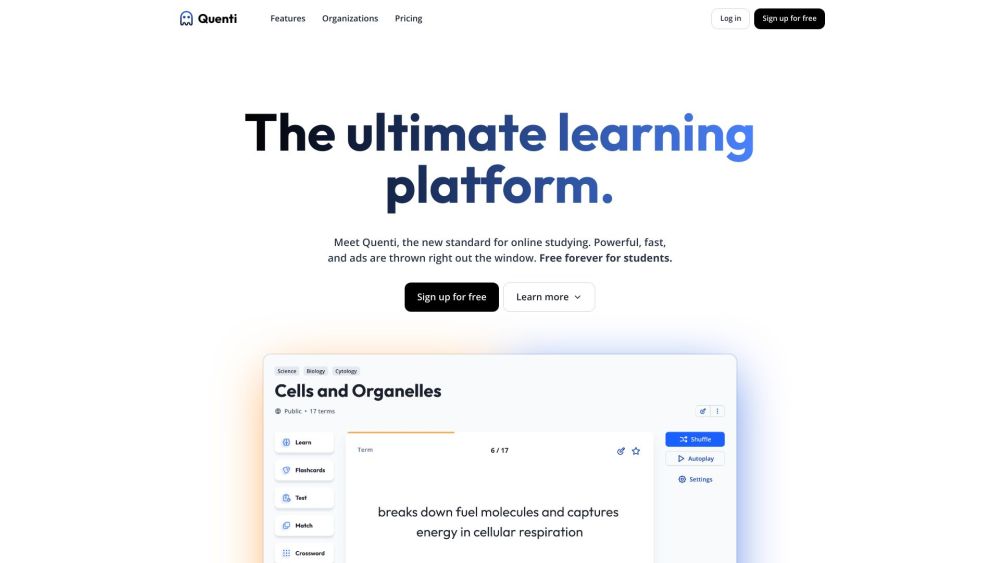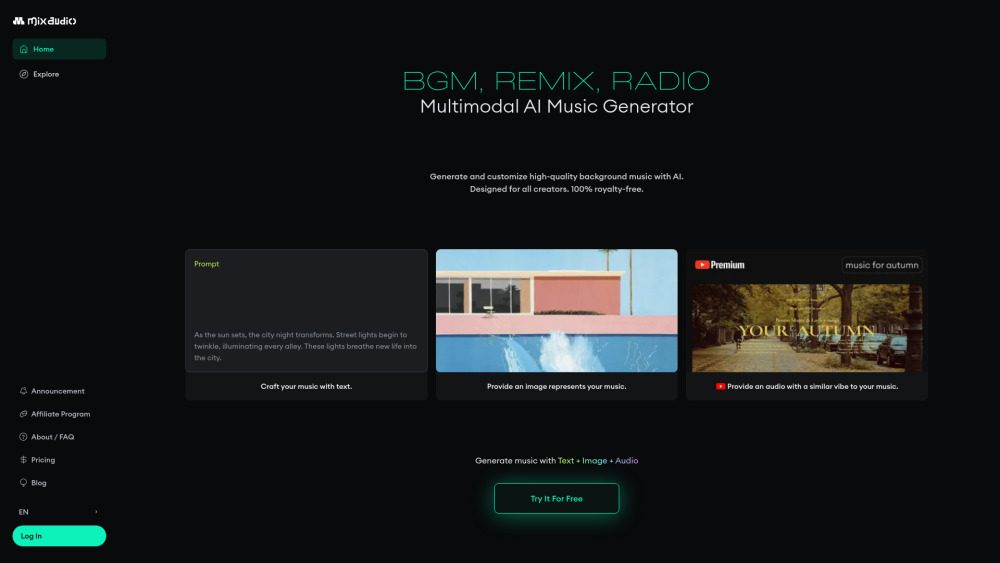From the Enlightenment to the Industrial Revolution and beyond, influential thinkers in science, technology, engineering, and mathematics (STEM)—such as Alexander Cummings, Marie Curie, Jonas Salk, and Norman Borlaug—have significantly alleviated human suffering through their exploration of the natural world.
However, as our society becomes more technologically focused, the humanities have experienced a decline. Recent years have seen a reduction in both the number of degrees awarded and programs available in U.S. universities, with some institutions even eliminating entire departments. Prominent publications like The New Yorker have raised concerns about “the end of the English major.”
Amid these trends, the rise of artificial intelligence (AI) raises questions about the future of liberal arts education. Many fear that AI and the lucrative opportunities it offers could diminish the humanities' value. Some argue that this shift is beneficial, as STEM is often viewed as the primary driver of human progress and freedom from suffering.
Contrarily, I argue that the increasing prominence of AI underscores the importance of the humanities, not only because science has yet to address timeless philosophical inquiries—such as the meaning of life in a finite universe—but also due to other pressing needs:
1. Cultural Understanding: The Sapir-Whorf hypothesis suggests that our language shapes our thoughts and experiences. Relying solely on AI for translation could isolate us within cultural bubbles. We must prioritize learning each other’s languages and customs to foster genuine understanding and connection.
2. Ethics in Technology: The humanities can inform the ethical application of technology. As philosopher David Hume noted, we must distinguish between what we can do and what we ought to do. While AI could benefit society, its use in policing or social scoring raises significant ethical concerns.
3. Critical Thinking: The logic branch of philosophy is vital for formulating sound arguments, free from ideological biases and potential manipulation through AI.
4. Social Impact Analysis: Fields like psychology and sociology are essential for understanding the profound effects of rapidly advancing technology on society. With the acceleration of innovation, as highlighted by economic historian Brad Delong, we face the challenge of processing unprecedented progress in short time frames.
5. Artistic Expression: Literature and the arts must explore depth beyond the literal. While AI can generate artistic works, the human touch in discerning emotional value remains irreplaceable. Just as painting endured the advent of photography, so must poetry, prose, and other art forms persist in an AI-driven world.
6. Historical Insight: History and archival sciences play a critical role in learning from past mistakes. The biblical demon Moloch serves as a powerful metaphor for humanity's potential for self-destruction through technology. Historians are vital for preserving unbiased narratives amidst powerful interests.
In the compelling essay “Now the Humanities Can Disrupt AI,” authors Lauren M. E. Goodlad and Samuel Baker state, “As unloved corporate behemoths try to pass off data-scraping statistical models as AI genies, the world’s humanists, composition instructors, and creative writers might just be the new MVPs in the struggle for the future of critical thinking.”
Perhaps we are on the brink of a renaissance in the arts—not just for artists but also for technologists. Embracing the humanities is essential for our collective well-being and for those seeking meaning in our rapidly evolving world.




